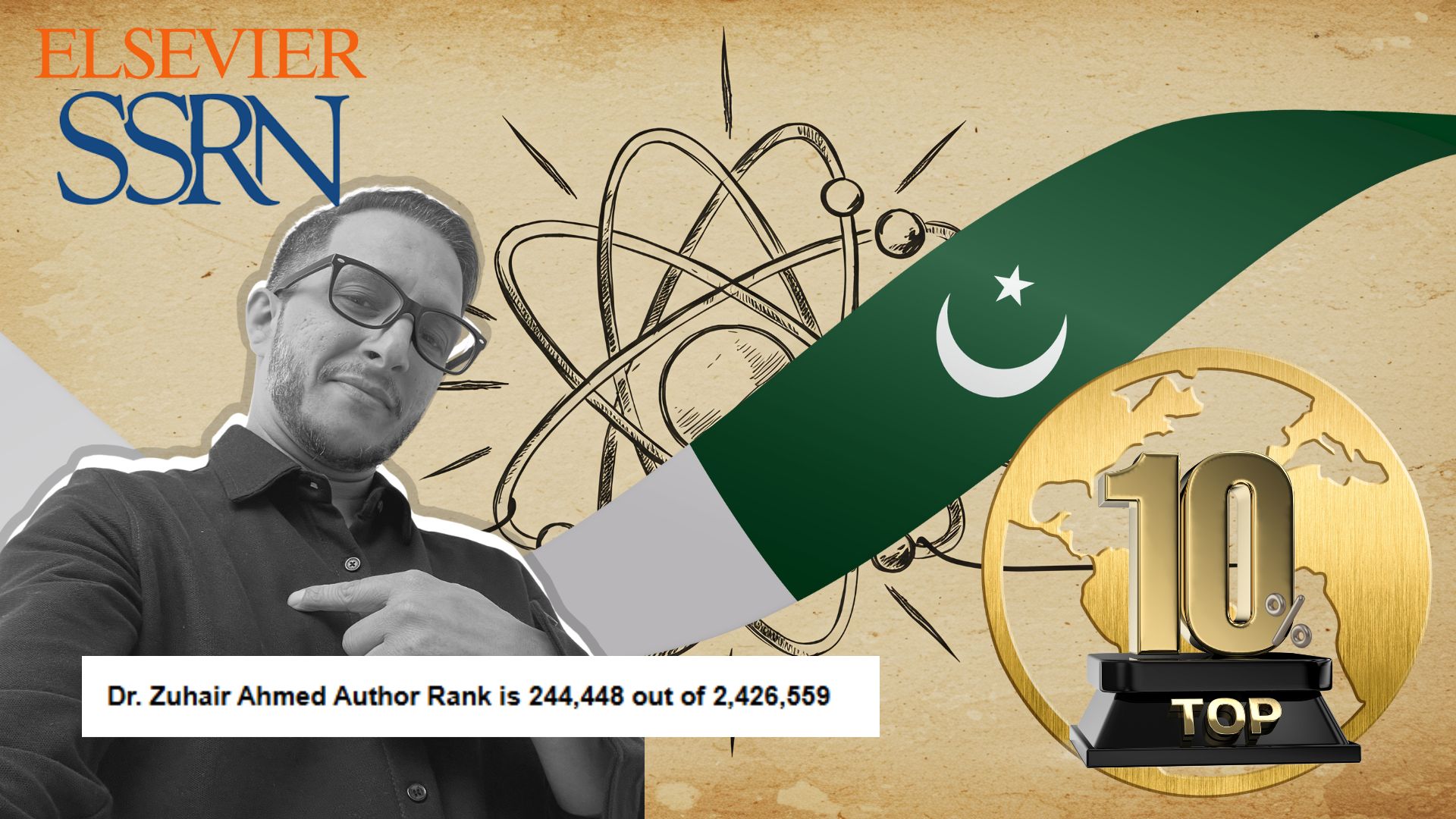Global Natural Disaster Predictions for 2025: CETQAP Uses Quantum Algorithms to Forecast Earthquakes, Hurricanes, Floods & More
CETQAP
January 15, 2025

Islamabad, Pakistan – January 15, 2025 – CETQAP (Centre of Excellence for Technology Quantum and AI) has revealed groundbreaking predictions for natural disasters in 2025, powered by quantum algorithms. These predictions offer vital insights into the timing and regions most vulnerable to disasters like earthquakes, tsunamis, hurricanes, floods, droughts, wildfires, and volcanic eruptions. Using advanced quantum computing models, CETQAP aims to improve global disaster preparedness.
Disclaimer: While these predictions are based on extensive data analysis using quantum algorithms, they are not certainties. These are predictions derived from patterns in historical and current environmental data, and while they offer valuable insights, natural disasters are inherently unpredictable.
1. Earthquake & Tsunami Predictions for 2025
- Indonesia: Expected seismic activity in April and August 2025 due to the Pacific Ring of Fire’s tectonic shifts.
- Japan: Anticipated earthquakes between March and May 2025.
- Pakistan: Due to tectonic activity in the region Pakistan may also in April & May face many earthquakes, along with a predicted massive one in nearby June 2025
- Turkey: Increased earthquake risk in April and September 2025 due to the North Anatolian Fault.
Quantum Algorithms Used: Quantum Annealing and Quantum Machine Learning were used to analyze seismic data and predict tectonic shifts.
2. Hurricane, Cyclone & Typhoon Forecasts for 2025
- United States (Atlantic Coast): Hurricane season expected from June to November 2025.
- India & Bangladesh: Cyclones predicted in May and October 2025.
- Philippines: Typhoons expected between July and October 2025.
Quantum Algorithms Used: Quantum Weather Prediction Models and Quantum Neural Networks enabled the prediction of atmospheric conditions conducive to storm formation.
3. Flood Predictions for 2025
- Pakistan: River and urban flooding risks predicted in March-April and July-August 2025 due to seasonal monsoon rains and glacial melt.
- Nigeria: Heavy rainfall and flooding expected from June to September 2025.
- Germany: Snowmelt and winter storms may cause flooding between January and March 2025.
Quantum Algorithms Used: Quantum Monte Carlo Simulations for weather pattern modeling and Quantum Hydrodynamics for flood risk forecasting.
4. Droughts & Heatwaves Predictions for 2025
- Australia: Severe drought anticipated between February and May 2025 due to El Niño conditions.
- Spain: Drought risks high from June to August 2025, driven by summer heatwaves.
- Southwestern USA: Drought conditions expected year-round with peaks in June to August 2025.
Quantum Algorithms Used: Quantum Climate Simulation Algorithms and Quantum Neural Networks for predicting drought patterns based on atmospheric and oceanic conditions.
5. Wildfire Predictions for 2025
- California, USA: Wildfires likely from July to October 2025.
- Greece: Wildfire risks peak from June to August 2025 due to dry Mediterranean summers.
- Pakistan: Wildfire risks in Galiyat regions in January or Feb 2025 due to tourists or locals lighting fires for warmth during the cold months might accidentally cause wildfires if they leave the fire unattended or improperly extinguish it.
- Australia (New South Wales): Wildfire season expected in November-December 2025.
Quantum Algorithms Used: Quantum Optimization Algorithms were employed to model fire spread based on weather conditions and vegetation data.
6. Volcanic Eruption Predictions for 2025
- Iceland: Volcanic activity anticipated year-round, with higher risk in March and September 2025.
- Chile: Eruptions predicted in April and October 2025 due to tectonic movements along the Andes.
- Indonesia: Increased volcanic activity expected in April and August 2025.
Quantum Algorithms Used: Quantum Seismic Data Analysis and Quantum Evolutionary Algorithms for predicting volcanic eruptions based on seismic data and historical eruption patterns.
7. Rising Sea Levels & Coastal Erosion Risks for 2025
- Maldives: Rising sea levels and coastal erosion expected to intensify in May and November 2025.
- Bangladesh (Sundarbans): Coastal flooding risks predicted from June to September 2025 due to sea-level rise and monsoon activity.
Quantum Algorithms Used: Quantum Fluid Dynamics for modeling sea-level rise and Quantum Coastal Erosion Algorithms for assessing long-term coastal impact.
How Quantum Algorithms Enhance Natural Disaster Predictions
CETQAP’s innovative use of quantum algorithms enables more precise forecasting by analyzing vast datasets of environmental factors. These quantum models offer better predictions of natural events like earthquakes, hurricanes, floods, and wildfires, allowing countries to prepare in advance, saving lives and minimizing damage.
Quantum computing can process complex environmental data far more efficiently than traditional methods, providing enhanced accuracy in disaster prediction. By analyzing various interconnected variables such as seismic activity, ocean temperatures, weather patterns, and global climatic changes, CETQAP provides a unique advantage in predicting these events.
Disclaimer:
The predictions provided in this article are based on data analysis and computational models using quantum algorithms. While these predictions offer valuable insights into potential natural disasters in 2025, they are not guaranteed outcomes. Natural events such as earthquakes, hurricanes, floods, and volcanic eruptions are inherently unpredictable, and the timing, intensity, and occurrence of these events can vary. The dates, months, or specific events mentioned may not necessarily occur, and certain predictions may not materialize due to the dynamic and ever-changing nature of our planet. CETQAP’s predictions are calculated using historical data and advanced quantum models, but nothing in nature is certain, and these are best viewed as probabilistic forecasts rather than absolute certainties.
Nash Sommers is the dedicated Editor of News at CETQAP, where he plays a key role in delivering accurate and impactful updates about the latest advancements in Quantum Computing and AI at CETQAP, With a sharp eye for detail and a passion for technology-driven storytelling.
Nash Sommers – Editor News CETQAP



